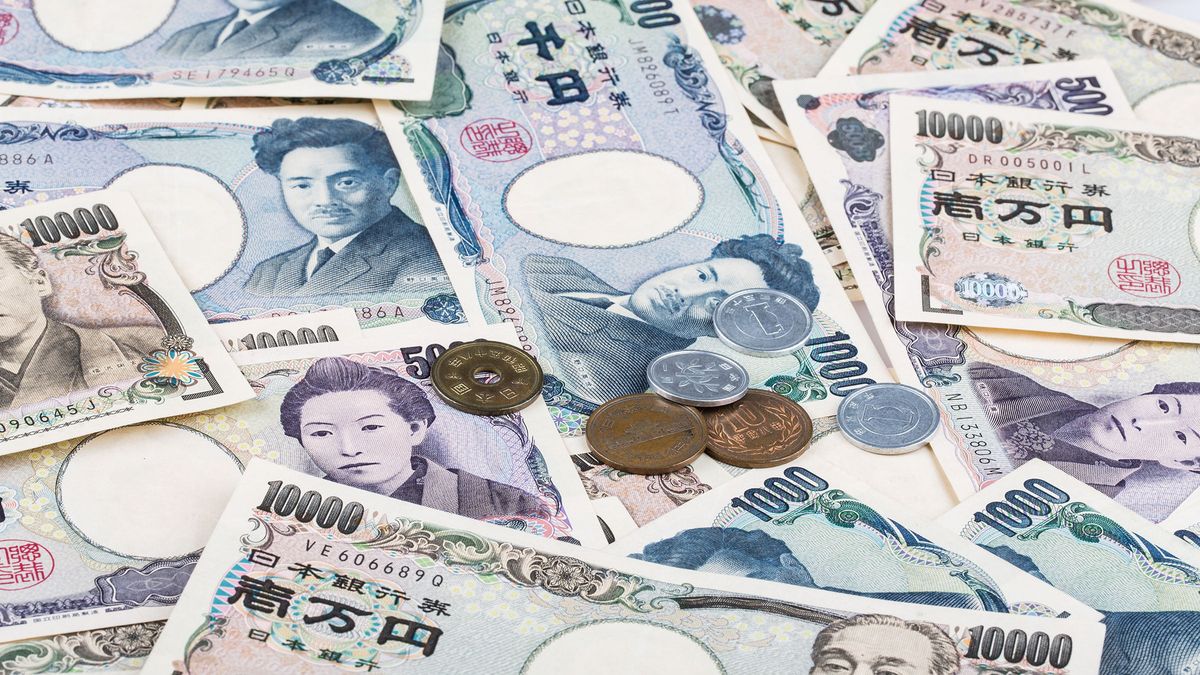The devaluation so far this year already accumulates 30% and responds to the increase in the value of the dollar and the rises in the rates of the US Federal Reserve (FED)a policy that contrasts with that of the Bank of Japan (BoJ), which maintains an ultra-accommodative policy.
The FED, since March of this year, has applied a series of hikes that raised its rates to a range between 3% and 3.25%, in order to stop inflation that has reached 40-year highs.
On the other hand, in the Japanese case, their rates are close to zero and even become negative for the deposits that the banks make in the issuing institution, with the aim that they lend more, so that the interest paid by the bonds in dollars are more attractive to investors than those quoted in yen.
The fall in the value of the Japanese currency represents a problem for the country because it makes food and energy imports more expensive, to which Japan has to resort because it does not have a large volume of these resources; although, at the same time, it inflates the income abroad transferred to Japanese multinationals yen.
According to analystsThus, the devaluation of the yen will continue as long as both monetary policies continue to defer, and the market discounts that in November the FED will apply a new rise of 75 percentage points, the fourth consecutive one.
To put a stop to the decline, it is speculated that the Japanese government will once again intervene in the foreign exchange market, something that it is speculated to be doing on a small scale already although it has not been officially recognized.
His first intervention to support the yen came late last month, a first since the 1998 Asian financial crisis.
Finance Minister Shunichi Suzuki said in statements released by the AFP and DPA agencies that fluctuations in value were “absolutely intolerable” and “speculative”, and reaffirmed the possibility that the authorities adopt an “appropriate response” to stabilize the coin.
The official declined to answer whether authorities have intervened in recent days.
Along the same lines, the governor of the BoJ, Haruhiko Kuroda, admitted that the recent depreciation of the yen “is rapid and unilateral”, which increases uncertainty and adds difficulties for companies to prepare business plans.
“It’s negative for the economy and unfavorable,” stressed.
However, he defended the central bank’s monetary expansion policy, considering it necessary to support the economy and stabilize prices in a sustainable and stable manner.
In that sense, Bank of Japan officials have already ruled out a rate hike for the currency meeting scheduled for next week.
Source: Ambito
David William is a talented author who has made a name for himself in the world of writing. He is a professional author who writes on a wide range of topics, from general interest to opinion news. David is currently working as a writer at 24 hours worlds where he brings his unique perspective and in-depth research to his articles, making them both informative and engaging.




